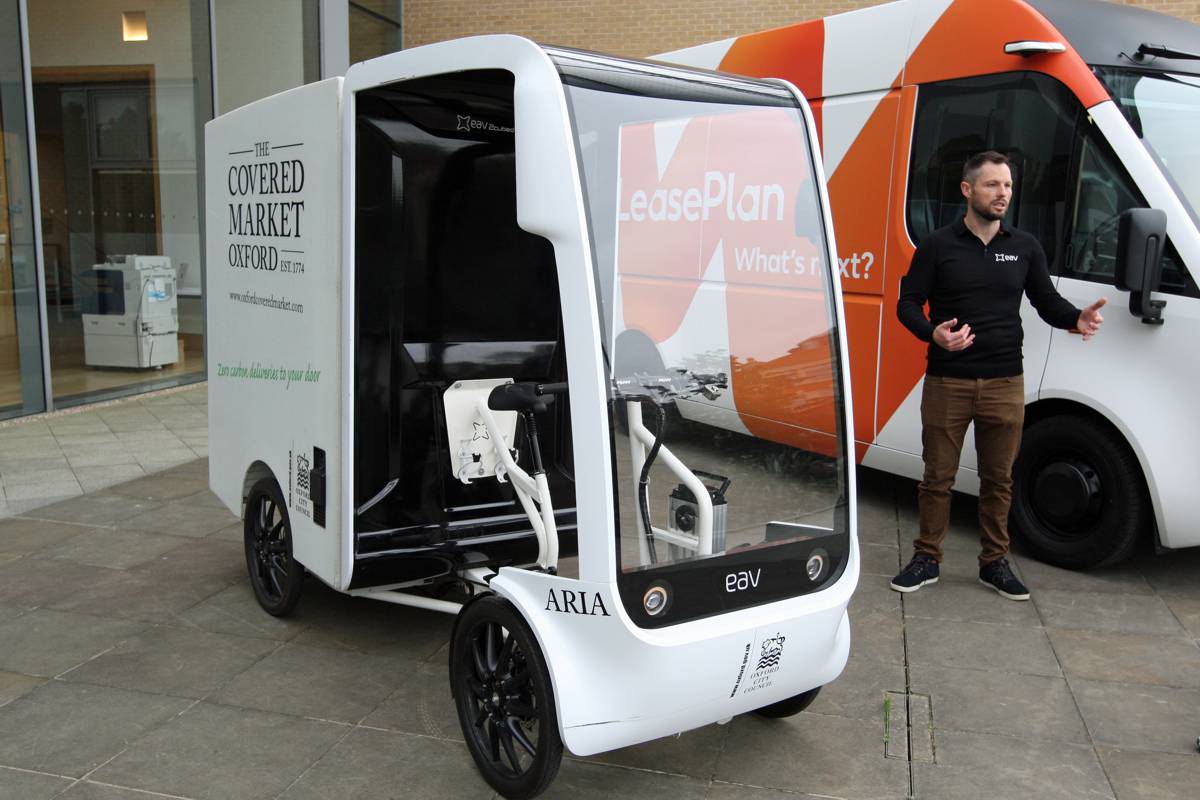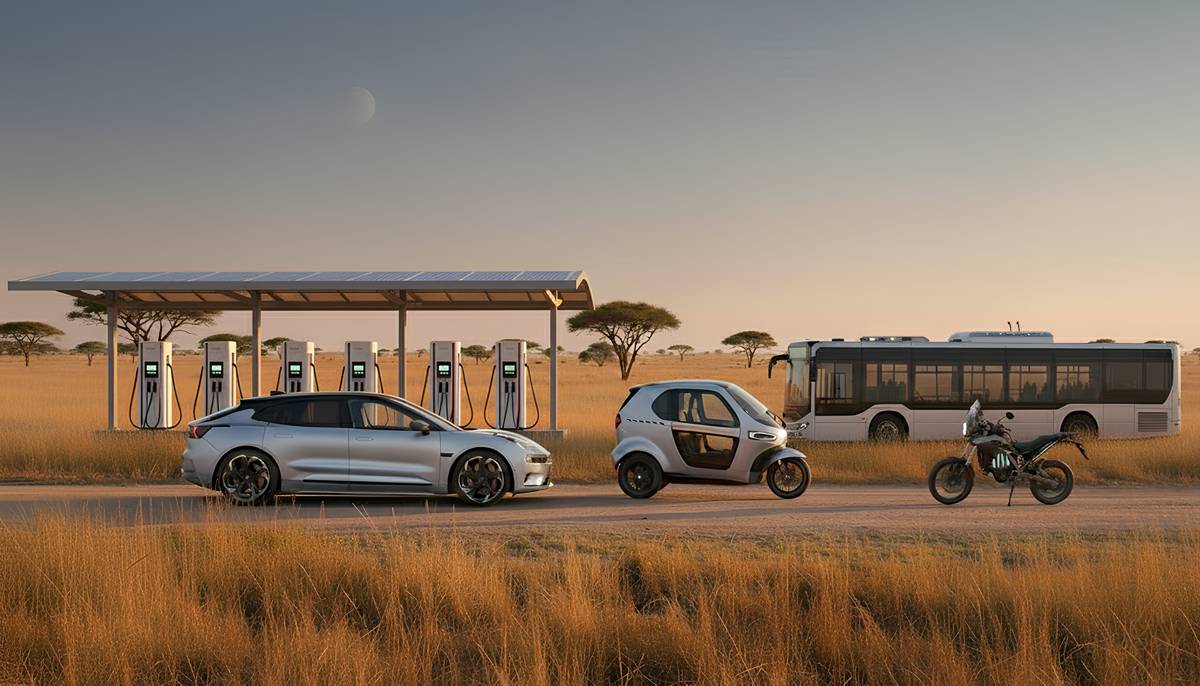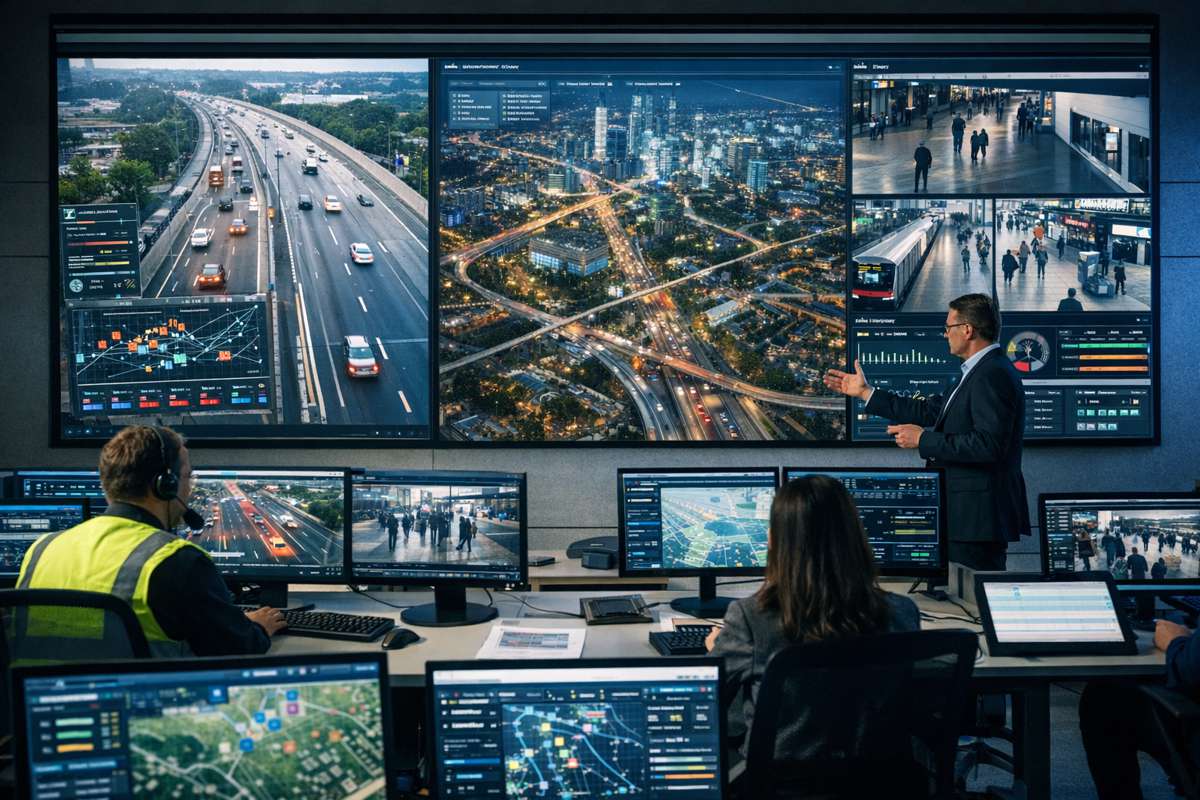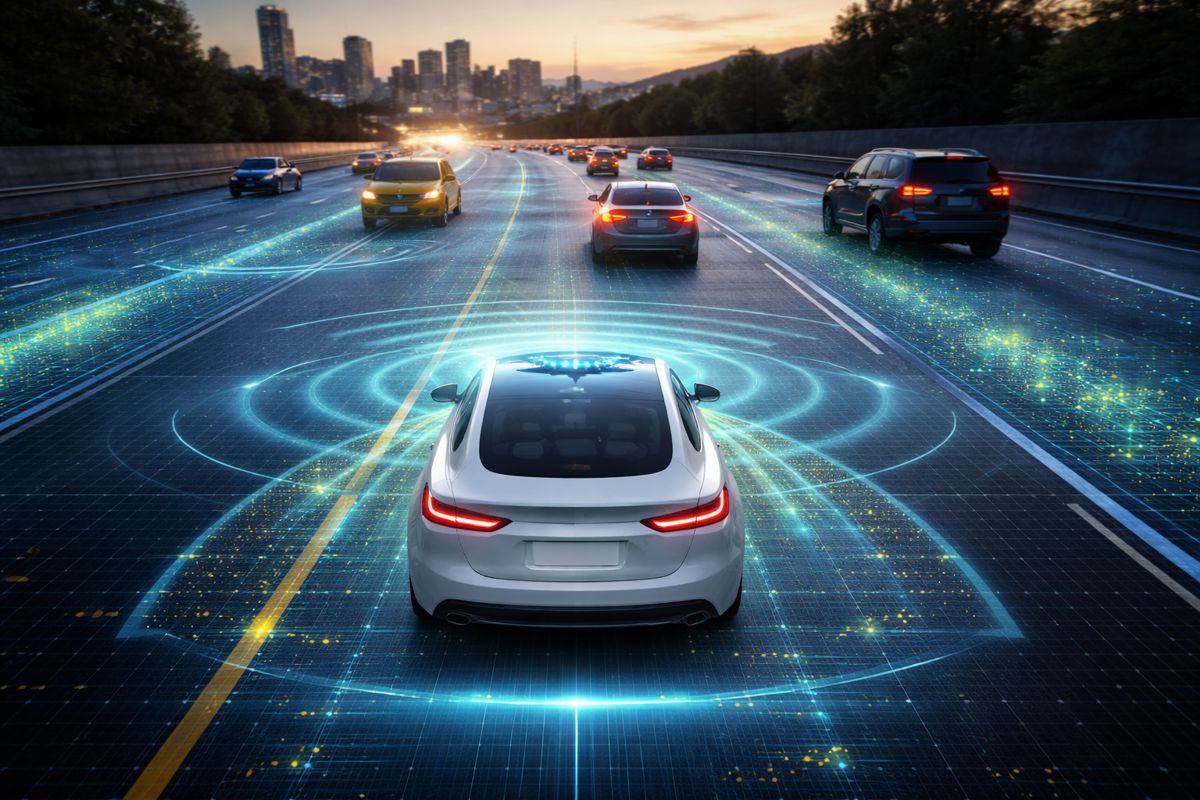2021 EV Summit leads the eMobility charge
With an increase in EV demand, comes developments, disruption and a drive for collaboration. At the 2021 EV Summit (1-2 September 2021), the UK’s industry-leading event for electric vehicles, leading manufacturers, infrastructure providers, government and local authorities and other stakeholders gathered to further the EV movement.
“EV adoption is happening, and it’s happening faster than any of us anticipated, and we expect that trend to continue to grow,” said speaker Daniel Lyons, Head of Investments and M&A, emobility at Shell.
Held both in person at the Saïd Business School in Oxford, and virtually on the bespoke EV Summit Platform, the conference housed over 80 in-person delegates along with 400 online delegates who attended panel discussions, joined facilitated networking sessions and exhibition spaces.
Demand for electric vehicles in the UK has increased by 120% in the first half of this year, with plug-in hybrid sales up 153% and with that increased demand comes the need for greater charging infrastructure, affordability and accessibility.
The EY Mobility Consumer Index (MCI), research from EY launched at the EV Summit, shows:
- 41% of consumers surveyed plan to buy an electric vehicle (EV) as their next car, up 11 percentage points since November 2020
- Environmental concern is the top driver for purchasing an EV
- 66% of all consumers would be willing to pay a premium for an EV.
The full spectrum of UK decarbonised transport should be fuelled not just by customer demand and suppliers but by government too; “Government should be refusing to buy internal combustion engines, promising greater tax benefits, and approving planning reforms for charging points,” said speaker Mark Richards, Partner and Co-Leader of the Energy, Environment & Infrastructure Team, BCLP.
EV Summit speaker Katie Black, Head of the Office for Zero Emission Vehicles, OZEV, said: “It will be absolutely essential for the energy, automotive, and manufacturing industries to come together to achieve our shared goals. Our next step this Autumn will be to publish a government electric vehicle charging strategy.”
She added: “Our ministers are clear that they want the roll-out of our public infrastructure strategy to be as market-led as possible.”
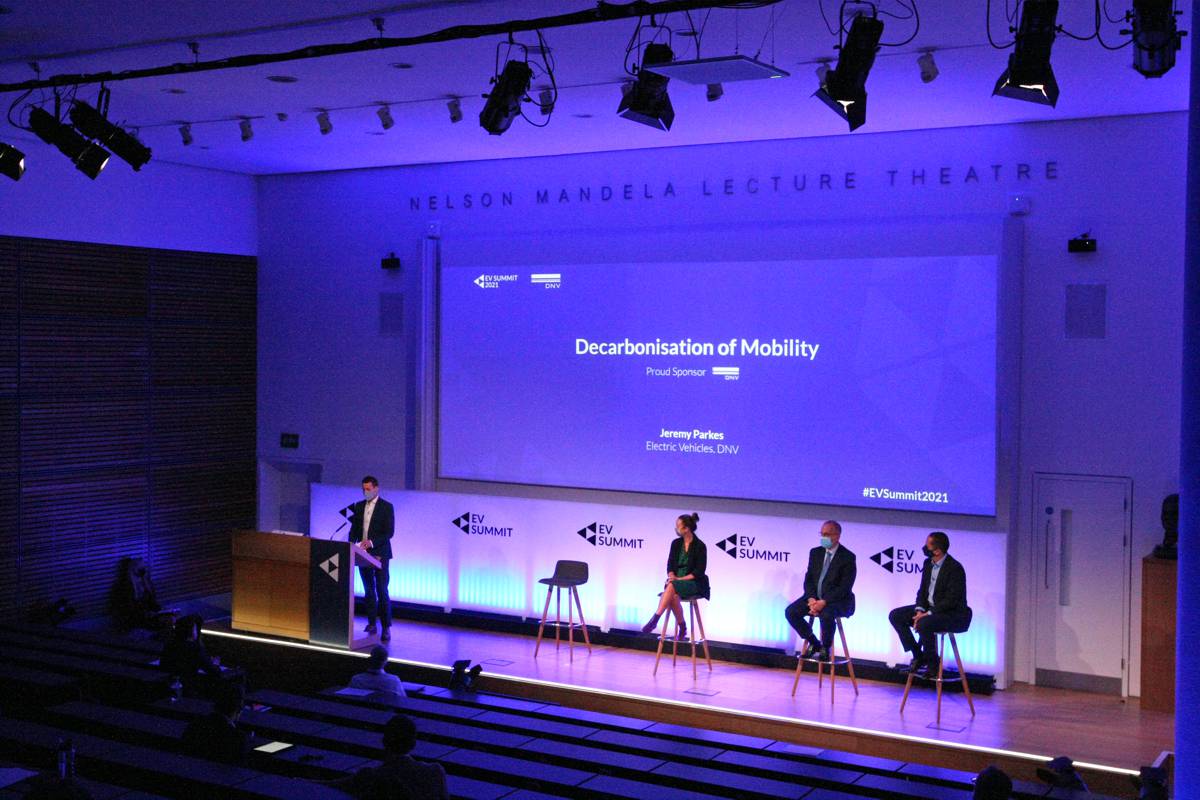
Manufacturer commitments
Ade Thomas, Founder of Green.TV Media, organiser of the event together with Oxford City Council, comments: “In order for the EV movement to succeed, customer demand must be married with manufacturer commitments and appropriate charging infrastructure.”
Manufacturers pledged their support and timelines for going fully EV or carbon-free during their speeches at the EV Summit, including:
- Hyundai: every product with just one exception is electrified in some form.
- Polestar: plans to create the first truly carbon-free vehicle by 2030.
- Volkswagen Group: announced that 26 million EVs will be built by 2030 from 18 e-production locations globally.
However, there are challenges in place, as Paul Wilcox, Managing Director of Vauxhall Motors commented: “We have pledged to be pure EV by 2028, but to make this transition possible, we need a frictionless, simplified environment to make this work.”
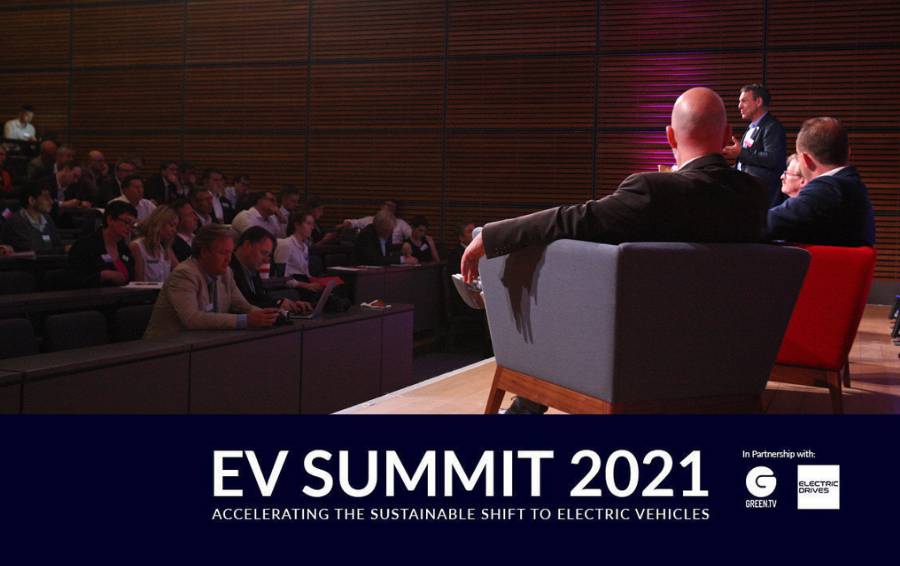
Fast forward on charging infrastructure and accessibility
Ade Thomas adds: “One of the key challenges facing electric vehicles currently is attaining a charging infrastructure that’s suitable for a variety of vehicles and locations, and sufficiently embedded throughout the UK.
“Accessibility for all demographics and physical disabilities is also critical in order to avoid marginalising sectors of the population,” Ade continues.
Announcements from key infrastructure speakers at the EV Summit indicates enormous progress being made across the UK:
- Ubitricity (now owned by Shell Electricity) are aiming to place 50,000 on-street charge points by 2025 to provide a viable solution for EV owners without driveways, working hand in hand with local authorities.
- On-street and car park charging is critical, as Chris Pateman-Jones, CEO of Connected Kerb, commented: “People without driveways includes those living in tower blocks and modern developments, which are often in areas where air quality is poorest.”
- Neil Isaacson, CEO, Liberty Change, notes the importance of making EV accessible to all, saying: “Our focus is helping local authorities to develop their infrastructure to ensure that everyone has equitable access to charging.”
- Naeem Farooqi, Director of Sustainable Transportation & Asset Management Solutions, Wood, identifies charging blackspots: “Isolated geographic areas experience ‘charging deserts’, whereby rural locations lack the necessary infrastructure to maintain an EV.”
- Naeem also points out that roadside charging needs to be accessible to wheelchairs, which includes accounting for space, height, and terrain.
- Catherine Marris, Head of Innovation at Motability expands on the theme, commenting that: “In 2035 in the UK there will be up to 2.7 million disabled drivers and passengers, with over half relying on public charging ports. This is a rare opportunity to design for accessibility from the start and build a more inclusive future for years to come.”
- Pod Point: highlights the importance of choice of charging options; they offer 4 choices – home charging, workplace charging, en-route charging, and destination charging, and commented that ‘All need to be implemented before EVs can become commonplace’.
Making use of existing buildings and driver stops will be an important plank in rapidly increasing the charging network, as Daniel Lyons, Head of Investments and M&A, emobility at Shell comments, “We have a vast network of traditional filling stations, 45,000 across the world, many of which will be ideally placed to provide fast EV charging on the go.”
InstaVolt announced plans to implement 5,000 rapid chargers by 2025.
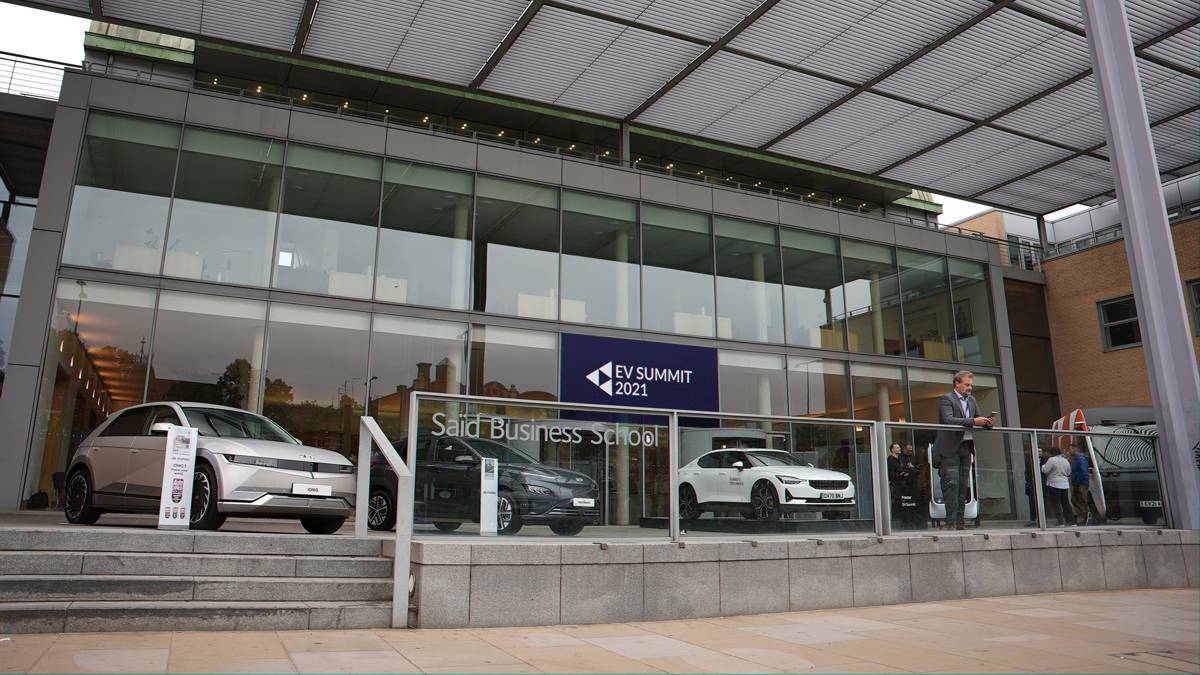
EV in fleet and industry
Despite the challenges for fleet managers seeking to electrify their fleets, DPD is one firm which is going the extra mile for sustainability.
Speaker Tim Jones, Director of Marketing, Communications & Sustainability, DPDgroup UK, commented: “The fourth element of DPD’s business strategy is to become the UK’s most sustainable delivery business. Sustainability is high on the agenda for our customers.”
DPD had 149 EVs as of Jan 2020 but is fast increasing its EV fleet with a goal of having 1,700 EVs by November 2021.
Amy Stokes, Head of emobility, Volvo Trucks, UK & Ireland, said: “At Volvo Trucks, we have set the ambitious goal to have electric trucks account for at least half of our European sales by 2030, which is necessary for the transport industry to hit our carbon emissions pledges.”
Markus Kroeger, CEO of ABB’s emobility Digital Venture, ABB, acknowledged the challenges: “It’s not really a question anymore of whether a fleet operator should electrify, it’s a question of how and when.”
DPD’s Tim Jones also commented: “Firms do acknowledge the benefits but the transition will be complex for many.”
Alfonso Martinez, MD of LeasePlan, added: “It’s very important to know that the environmental case is very close to the boardroom case.”
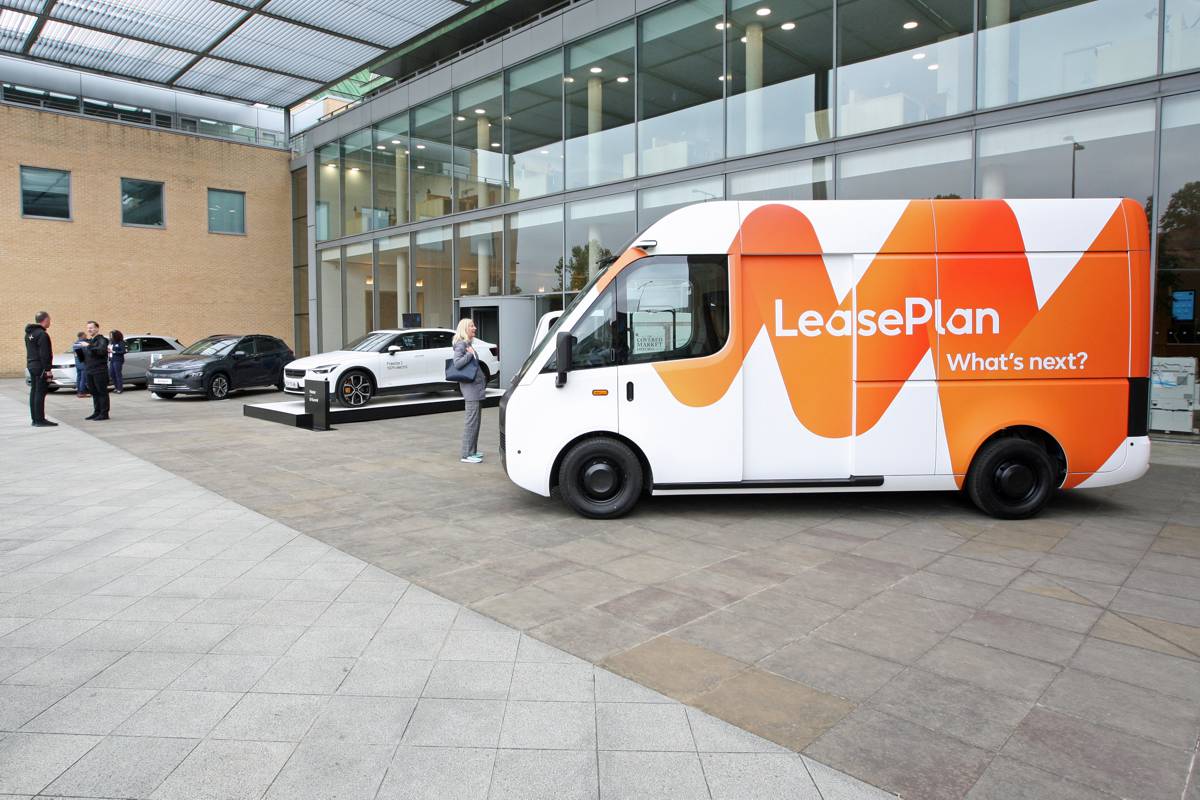
Catch up on the EV Summit
If you missed any of this year’s EV Summit, all of the panels will be available on YouTube in the coming weeks.
